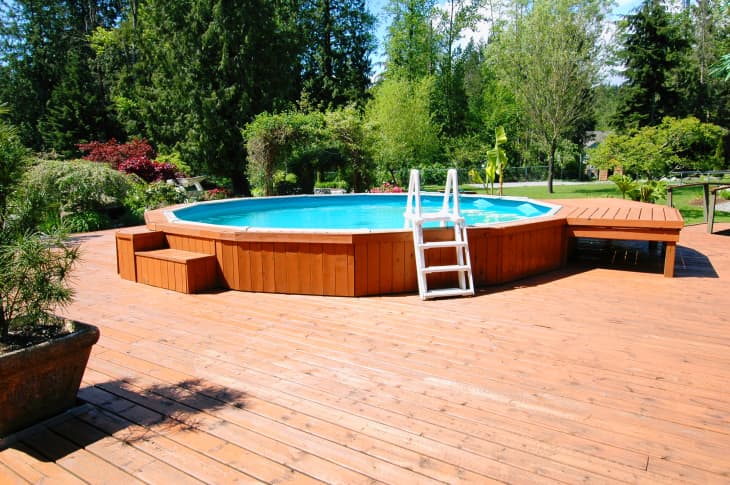Beware These Notorious “Comp Killers,” According to Real Estate Agents

When a seller is ready to put their home on the market, their real estate agent uses what are called “comps” to help set the listing price. Short for comparables, comps are determined by looking at how much money nearby similar homes have recently sold for, explains Monica Burke, a Realtor in Tulsa, Oklahoma.
For example, if you’re selling a 2,800 square-foot home that was built in 2002, it can’t be compared to a brand new home that’s 3,800 square feet, she explains. “We have to find three to four really great properties that are most similar to yours to determine pricing,” Burke says.
But it’s not always easy to compare apples to apples; or in this case, three-bedroom Craftsman homes to three-bedroom Craftsman homes. Sometimes, there are homes that seem like they’re near dupes, but one is priced significantly lower. The likely culprit? Comp killers, which are certain aspects of your property that can subtract value.
Sometimes, a comp killer is something super-specific, like a property that has windows that look out to walls while similar units have fantastic city views. Another example? Being in a building with a lot of Airbnb listings, explains Jsun Laliberté, an associate real estate broker with Douglas Elliman in New York City. Other times, it’s a problem that can affect a whole block or even neighborhood, like a nearby train that rattles and whistles late at night or early in the morning.
I asked real estate experts to share some more common comp killers that could explain the difference in prices between comparable properties. Here are five known “comp killers” that could explain why a home in a neighborhood is listed for less than others that are for sale.
Homes That Back Up to Highways
Not only do homes that back up to highways sell for less, but they also tend to linger on the market longer, Burke says. Cars honking during rush hour, a steady stream of traffic noise, and pollution can all deter buyers who tend to prefer properties on quieter streets. In Burke’s area in Oklahoma, homes that back up to major roads tend to take twice as long to sell and usually go for about $10,000 less than similar homes.
Living Near a Landfill
The same goes for living near a waste management facility. “The reason is pretty straightforward: No one wants to live near something that smells bad, has heavy truck traffic, and poses potential health risks,” says Shri Ganeshram, CEO and founder of Awning.com, a company that provides tools and services for real estate investors. Living near a landfill, he says, can easily pull down your property value by 10 to 15 percent compared to a similar property not facing the same issue.
Above-Ground Pools
Many sellers believe that their above-ground pools will appeal to buyers and add value to their homes, says Alina Penjiyeva, a real estate agent in the Jacksonville, Florida area with Momentum Realty. But oftentimes, she says, buyers request that the pool be removed and the yard be re-sodded. If the pool is poorly maintained or is an eyesore, it could cause the home’s value to drop, she says. (Here are some other pool features that deter buyers).
Homes Near Police or Fire Stations
On the upside, response times should be quick should you have an emergency and need to call 911. But on the downside, your home is near a constant source of sirens, which can make working from home and getting quality sleep tough, points out Michael Shapot, a licensed associate real estate broker with Keller Williams New York City.
Farm Smells
Comp killers are highly subjective, Shapot points out. To wit: He identified a property for his clients, but learned it was down the block from a horse stable, and, when the wind blew, it brought in some smells. “When I let my clients know about this property, they were ecstatic,” he says. “They grew up on farms in the Midwest and loved the smell of horses! They bought the home and believed they got a bargain, but recognized the limited marketability of the property and the difficulty they might have when selling.”